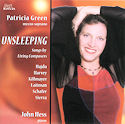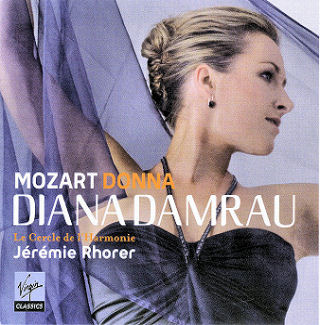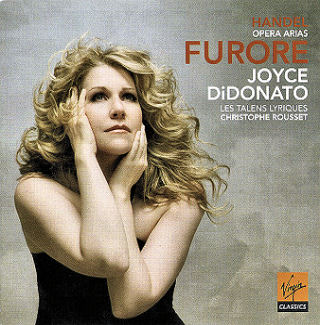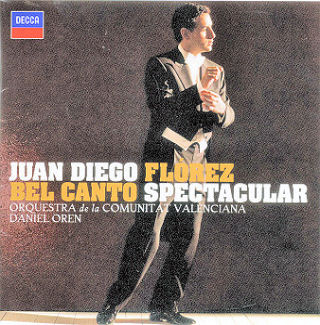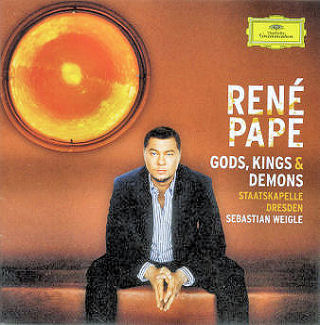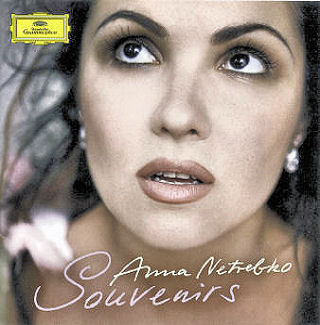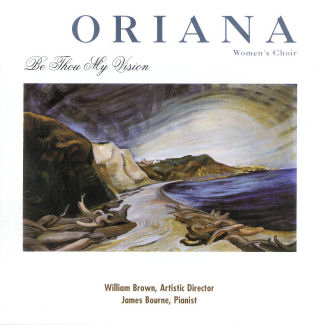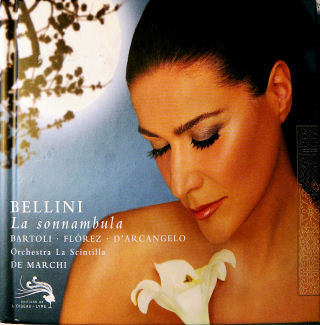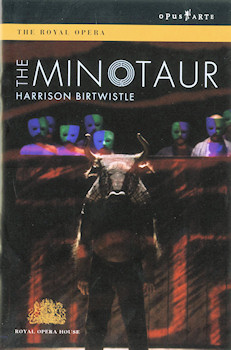Vocal and Choral: April 09
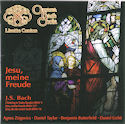 Bach - Jesu, Meine Freude
Bach - Jesu, Meine Freude
Agnes Zsigovics; Daniel Taylor; Benjamin Butterfield; Daniel Lichti; Ottawa Bach Choir and Baroque Orchestra;
Lisette Canton
Ottawa Bach Choir OBC2009CD
(www.ottawabachchoir.ca)
For this CD, which finds our column just in time for Easter, the Ottawa Bach Choir's conductor and founder, Lisette Canton, has chosen three works by Bach which focus on the theme of salvation through death and resurrection and which represent three distinct periods in Bach’s output. The first Cantata, BWV 4, Christ lag in Todes Banden is famous for its exquisite descending semitones. The ensemble artfully resigns itself to the recurring sighing motif and cascading counterpoint. Sandwiched between the two cantatas on this disc is one of Bach’s most famous motets, BWV 227, Jesu, meine freude.
The choir does a brilliant job with the starts and stops that represent the type of hesitant, breathless, yet joyful declaration reminiscent of someone recovering from long periods of weeping. Lastly is the Cantata, BWV 78, Jesu, der du meine Seele, the highlight of which is the soprano/alto duet sung with great agility and energy by Agnes Zsigovics and Daniel Taylor. Benjamin Butterfield and Daniel Lichti execute the dramatic recitatives and arias of this cantata beautifully. True to its name, this choir appears to make an annual pilgrimage to perform at Bach’s Thomaskirche in Leipzig. I’m sure Bach would be pleased.
Dianne Wells
Concert note: On April 25th at St. Matthew’s Anglican Church in Ottawa the Ottawa Bach Choir presents “Prelude - Europe 2009”, a concert to launch the choir's third European tour to London, Paris and Leipzig.
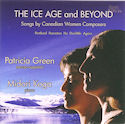 |
Patricia Green; John Hess Blue Griffin Records BGR177 (www.bluegriffin.com) |
The songs on these two discs were all written in the last fifty years. Patricia Green, a Canadian mezzo known especially for interpreting modern music, does full justice to these always interesting, frequently moving songs.
“The Ice Age and Beyond: Songs by Canadian Women Composers” presents new and rarely heard art songs by women composers. Why just women composers? To call a disc “Songs by Canadian Men Composers” would be laughable. But it would also be unnecessary, because almost all recordings - Canadian or otherwise - contain just male composers.
In the booklet notes Green writes that Barbara Pentland “laid the path for young women composers across Canada”. Pentland’s searing, gorgeous works are visionary, and she remains one of Canada’s most important, if under-appreciated, composers. What I like best about Green’s performances of her songs is that they capture Pentland’s fierce passion. In Ice Age, Green is especially sensitive to the mood of desperation summed up in poet Dorothy Livesay’s concluding question, “Who among us dares to be righteous?”
Shifting rhythms enliven Emily Doolittle’s charming Airs of Men Long Dead. The shimmering lyricism of Isabelle Panneton’s Echo reflects the colourful imagery of the text. In City Night, Alice Ping Yee Ho explores the more percussive qualities of voice and piano. Kati Agócs uses clarinet, violin and cello accompaniment to set the medieval texts of Imagination of Their Hearts so eloquently. This is the only work described in the booklet notes, but for every work there are song texts and biographies of all involved, including the versatile pianist Midori Koga.
“Unsleeping” takes its title from Jonathan Harvey’s moving Lullaby for the Unsleeping. The highlight for me is R. Murray Schafer’s Kinderlieder, written to texts by Bertold Brecht as well as two German nursery poems. Green is terrific at colouring her voice to capture the irony in Brecht's lyrics. Each image takes on symbolic meaning, like the tree that survives war-time destruction in The Poplar in Karlsplatz. Pianist John Hess is an expert accompanist throughout.
In both collections, Green approaches each text with conviction, uncovering layers of meaning. She sings convincingly in French, Spanish, Italian, German, Hungarian, and even Latin, along with English. There is a great deal of beauty in her lower and middle ranges. Too often as she goes higher she gets louder – and shriller. But even then what stands out so effectively is her dramatic power.
Pamela Margles


